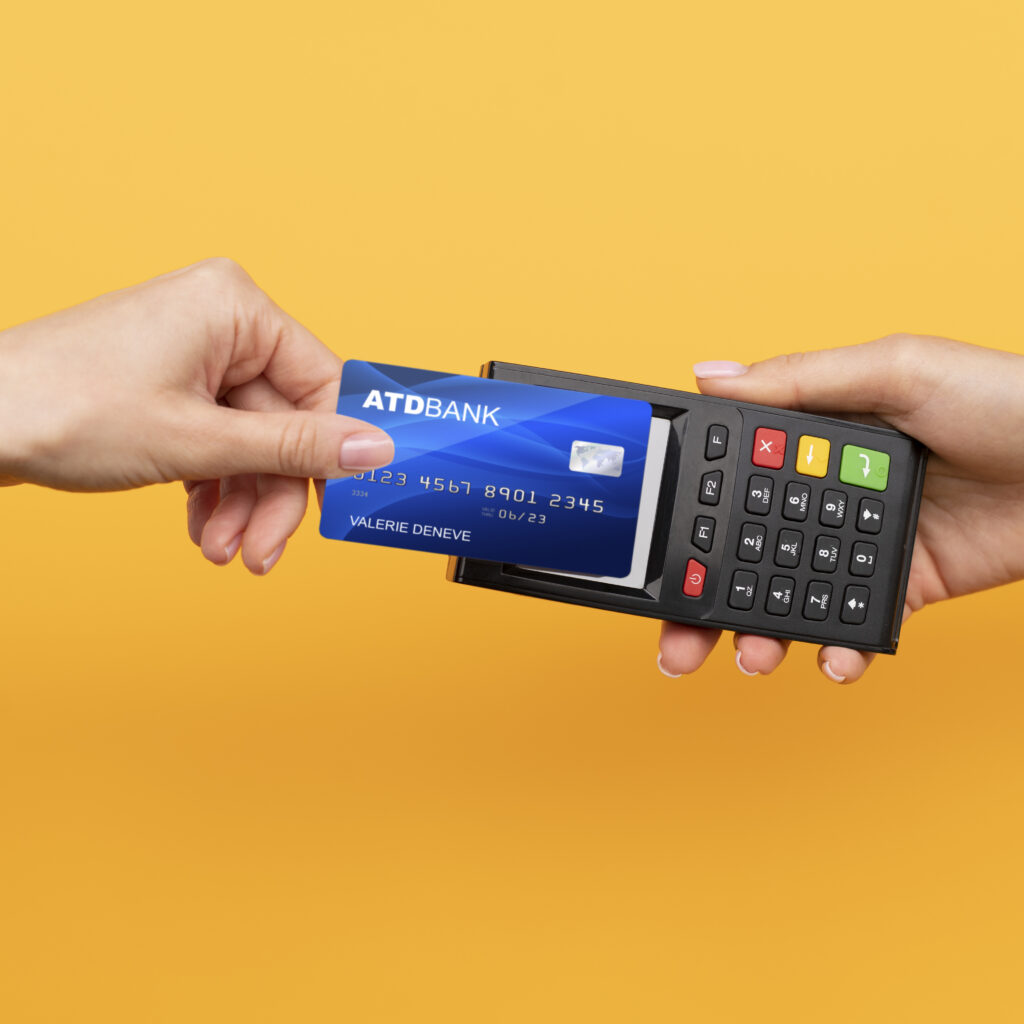In the ever-evolving landscape of personal finance, credit cards have emerged as a symbol of convenience, facilitating swift transactions and offering a myriad of benefits. However, the persistent debate over whether credit cards are a boon or bane continues to intrigue financial experts and consumers alike. In this comprehensive exploration, we delve into the multifaceted aspects of credit cards, aiming to provide a nuanced understanding of their impact on personal finances and the broader economic landscape.
Table of Contents
Introduction
A. Definition of Credit Cards
Credit cards, ubiquitous financial tools, empower individuals to make purchases on credit, allowing for deferred payment and providing a financial safety net.
B. Overview of the Controversy
The debate surrounding credit cards hinges on a delicate balance between their advantages and pitfalls. While they offer financial flexibility, concerns about high-interest rates and the potential for accumulating debt loom large.
The Good Side of Credit Cards
A. Convenience and Accessibility
Credit cards offer unparalleled convenience, eliminating the need for carrying cash and facilitating online transactions effortlessly. The ease of use has transformed the way individuals transact in the modern digital age.
B. Building Credit History
For those aiming to establish or improve their credit scores, responsible credit card usage can be a valuable tool. The positive impact on credit history opens doors to favorable financial opportunities, such as lower interest rates on loans.
C. Rewards and Perks
Many credit cards entice users with rewards programs, ranging from cashback to travel incentives, enhancing the overall financial experience. Choosing the right card can result in tangible benefits that contribute to a more rewarding financial journey.
The Dark Side of Credit Cards
A. High-Interest Rates
One of the primary criticisms revolves around the often exorbitant interest rates attached to credit card balances. Failure to manage these rates effectively can lead to a cycle of debt accumulation.
B. Temptation and Overspending
The ease of swiping a card can lead to impulsive spending, pushing individuals beyond their budgetary limits. Understanding and mitigating this temptation is crucial for maintaining financial stability.
C. Hidden Fees
Credit cards may harbor hidden fees, catching users off guard and contributing to mounting debt. Unraveling the complex fee structures is essential for making informed decisions about credit card usage.
Credit Score Impact

A. Positive Effects
Timely payments and responsible credit usage can significantly boost an individual’s credit score, opening doors to favorable financial opportunities. This positive impact extends beyond credit card transactions to various aspects of personal finance.
B. Negative Impacts
On the flip side, missed payments and accumulating debt can lead to a downward spiral, adversely affecting credit scores. Understanding the nuances of credit scoring is essential for maintaining a healthy financial profile.
Responsible Credit Card Usage

A. Budgeting and Planning
Effective budgeting is crucial for managing credit card expenses, preventing financial strain, and ensuring that credit is used as a strategic financial tool rather than a source of stress.
B. Timely Payments
Meeting payment deadlines ensures not only a positive credit history but also avoids costly late fees. Automating payments and setting reminders can be effective strategies for staying on top of credit card obligations.
C. Monitoring Expenses
Regularly reviewing credit card statements helps in identifying and curbing unnecessary expenses. Utilizing budgeting apps and tools can streamline this process, providing a holistic view of one’s financial health.
Alternatives to Credit Cards
A. Debit Cards
Debit cards offer similar convenience without the risk of accumulating debt, as transactions are directly linked to available funds. Exploring the differences between debit and credit cards is essential for choosing the right financial instrument.
B. Cash Transactions
Traditional cash transactions, though less common in today’s digital age, provide a tangible and straightforward way of managing expenses. Understanding when and how to use cash can contribute to a more balanced approach to personal finance.
C. Mobile Payment Options
Emerging mobile payment solutions offer secure and efficient alternatives to credit cards. Exploring the latest innovations in mobile payments can provide insights into the evolving landscape of financial technology.
Case Studies
A. Success Stories
Instances where individuals have effectively utilized credit cards to enhance their financial standing serve as valuable lessons. Analyzing these success stories can shed light on strategic credit card management.
B. Cautionary Tales
Stories of individuals who faced challenges and setbacks due to imprudent credit card use highlight the potential pitfalls. Learning from these cautionary tales is crucial for avoiding common mistakes in credit card usage.
Expert Opinions
A. Financial Advisors
Insights from financial experts on navigating the credit card landscape wisely. Understanding the recommendations of professionals in the field can provide a solid foundation for informed decision-making.
B. Credit Counseling
The role of credit counseling in assisting individuals with credit-related challenges. Seeking professional guidance can be a proactive step for those facing difficulties in managing credit card debt.
Tips for Choosing the Right Credit Card
A. Understanding Terms and Conditions
Thoroughly comprehending the terms and conditions attached to credit cards is imperative for informed decision-making. Reading the fine print ensures that users are aware of potential fees and obligations.
B. Comparing Interest Rates and Rewards
A meticulous comparison of interest rates and rewards helps in selecting a card aligned with individual financial goals. Understanding the trade-offs between different features is essential for finding the most suitable credit card.
C. Annual Fees Consideration
Evaluating the impact of annual fees on the overall cost of owning a credit card. While some cards may offer attractive rewards, the associated fees can significantly impact their long-term value.
Impact on Financial Freedom
A. Long-Term Consequences
Exploring the lasting effects of credit card usage on financial freedom and independence. Understanding how credit cards fit into the broader financial picture is essential for making decisions that align with long-term goals.
B. Strategies for Debt Management
Effective strategies for managing and overcoming credit card debt. Implementing debt management techniques, such as snowball or avalanche methods, can pave the way towards financial stability.
Global Perspectives
A. Credit Card Usage Trends Worldwide
Examining how credit card usage varies across different countries and cultures. Understanding cultural nuances can provide insights into the diverse ways in which credit cards are perceived and utilized globally.
B. Cultural Variances
Understanding how cultural factors influence perceptions and practices related to credit cards. Cultural awareness is crucial for financial institutions and consumers alike to navigate the global credit landscape.
Future of Credit Cards
A. Technological Innovations
Anticipating how technological advancements will shape the future of credit cards. Exploring concepts such as contactless payments, blockchain, and biometric security can provide a glimpse into the evolving landscape of financial technology.
B. Changing Regulatory Landscape
The evolving regulatory environment and its potential impact on the credit card industry. Understanding how regulations shape the credit card landscape is essential for both consumers and financial institutions.
Personal Reflections
A. Narratives from Individuals
Real-life stories reflecting personal experiences and lessons learned from credit card usage. Personal narratives add a human touch to the discussion, offering relatable insights into the challenges and triumphs of managing credit.
B. Lessons Learned
Extracting valuable lessons and insights from personal narratives. Understanding the common threads in personal stories can contribute to a collective wisdom that guides individuals towards more informed credit card usage.
Conclusion
A. Summarizing Key Points
In conclusion, credit cards, while offering undeniable advantages, come with responsibilities. Understanding the nuances of credit card usage is pivotal for harnessing their benefits without succumbing to potential pitfalls. A balanced and informed approach is key to maximizing the advantages of credit cards while mitigating their risks.
Frequently Asked Questions (FAQs)
Are all credit cards the same?
No, credit cards vary in terms of interest rates, rewards, and fees. It’s crucial to choose one that aligns with your financial needs and preferences.
How can I improve my credit score using a credit card?
Timely payments, responsible credit utilization, and avoiding excessive debt accumulation can positively impact your credit score. Regularly monitoring your credit report is also essential.
What are the alternatives to credit cards for making online purchases?
Debit cards, prepaid cards, and mobile payment options are viable alternatives for online transactions. Each option comes with its own set of advantages and considerations.
Do credit cards negatively impact my credit score?
Only if used irresponsibly. Timely payments and prudent usage can actually enhance your credit score, reflecting positively on your overall creditworthiness.
What should I do if I’m struggling with credit card debt?
Seek professional advice from credit counselors, create a budget, and explore debt consolidation options. Taking proactive steps can help you regain control of your financial situation.
Discover more in our ‘Article‘ section. Uncover valuable insights to enhance your financial know-how. Happy reading!

Sandyt